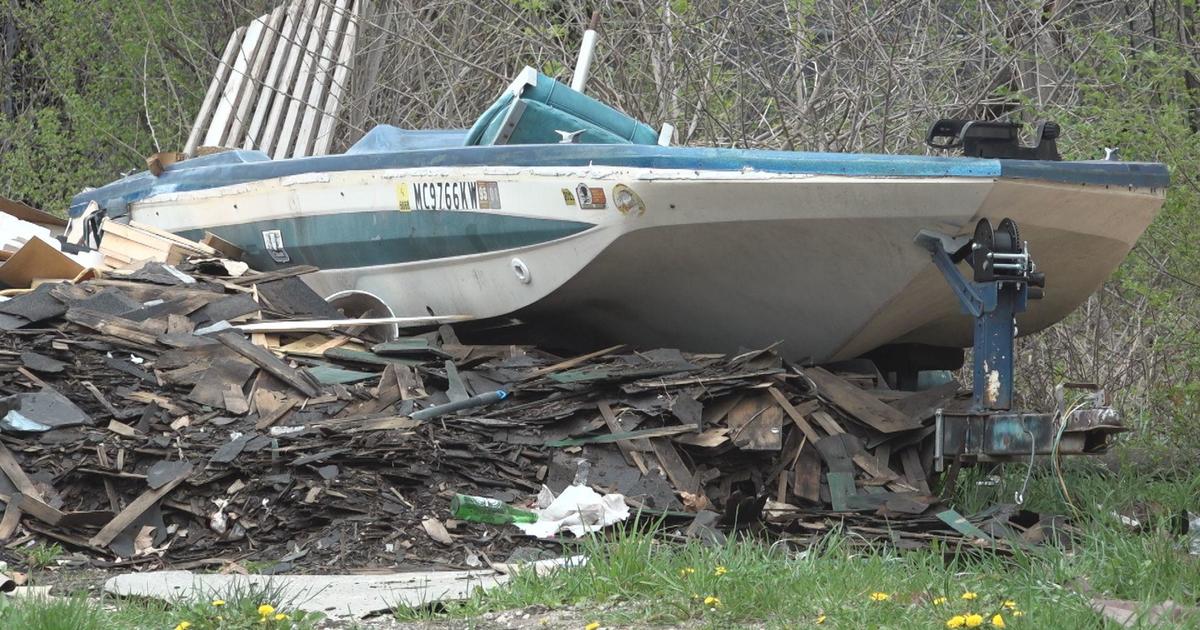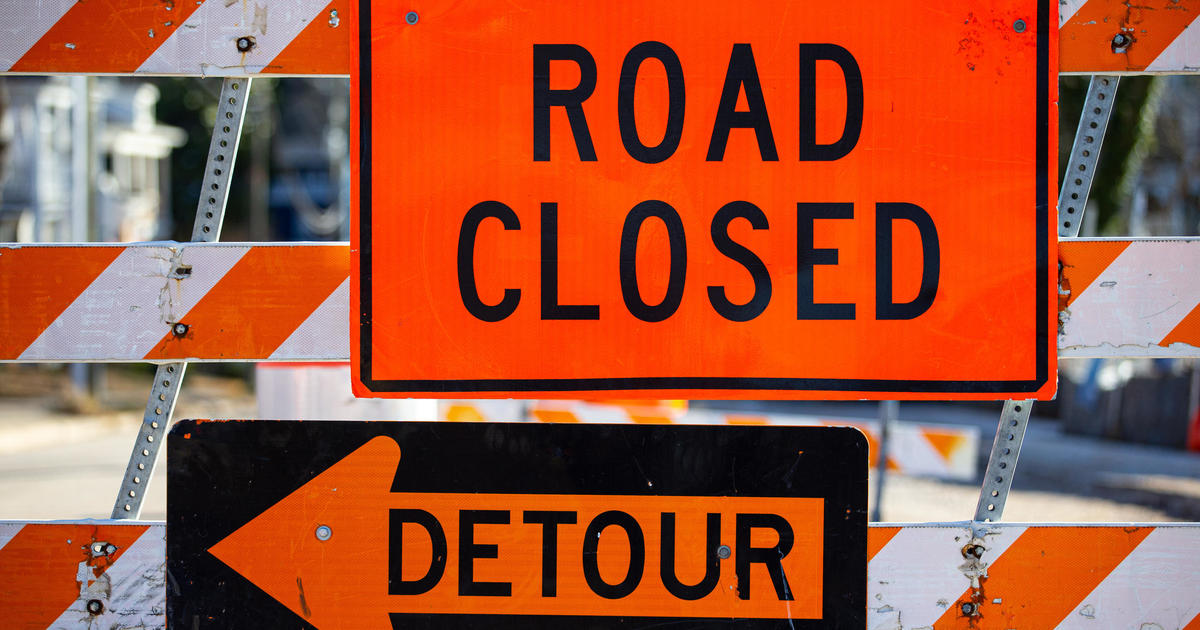Ann Arbor Reveals Plan To Sterilize, Kill Up To 100 Deer On Public Lands
ANN ARBOR (WWJ) - Ann Arbor has revealed its plan to control the deer population, which includes sterilization efforts followed by lethally removing up to 100 deer on public lands.
The city says its deer management program has three components: sterilization, sharpshooting and community education.
The sterilization step is set to take place from Jan. 22 through Jan. 29, every day from 3 p.m. to 5 a.m in two designated areas where sharpshooting of deer cannot occur (Wards 1 and 2 on map). The process will be performed by a city contractor, White Buffalo, which will locate female deer and dart them with tranquilizer darts equipped with tracking devices.
Once darted, the deer will be tracked until they are unconscious (typically just a few minutes), and then transported to a temporary surgical site where a veterinarian will perform ovariectomies. All sterilized deer will be fitted with numbered ear tags, and one mature doe in each group will be radio-collared to facilitate future program efforts, track migration rates and patterns and assess survival rates. The entire process, from initial darting to release, takes approximately one hour per deer.
"There aren't any closures associated with the sterilization program," city spokesperson Lisa Wondrash told WWJ's Beth Fisher. "The contractor, for the majority of the time, will be working during the nighttime hours when deer are active but residents are not. So for all intents and purposes, residents really won't have any impacts to their daily lives and most likely won't even see the activities occurring."
The next stage, the lethal portion, will take place from Jan. 30 through Feb. 13. in designated city parks and natural areas, which will be closed every day -- including weekends -- for all purposes from 3 p.m. to midnight.
Sharpshooting will not occur from a moving vehicle but may occur from a parked vehicle. The sharpshooitng activity will take place in the following parks:
- Bird Hills Nature Area
- Bluffs Nature Area
- Cedar Bend Nature Area
- Hilltop Nature Area
- Huron Hills Golf Course
- Huron Parkway Nature Area/Braun Nature Area
- Island Park
- Kuebler Langford Nature Area
- Leslie Park Golf Course
- Leslie Woods Nature Area
- Nichols Arboretum - University of Michigan (closed Jan. 30 - Feb. 2)
- Acreage south of Glazier Way and east of Fuller Road - University of Michigan (closed Jan. 30 - Feb. 2)
- Acreage south of Hubbard and west of Huron Parkway - University of Michigan (closed Jan. 30 - Feb. 2)
Signage in multiple languages will be posted at the designated parks and nature area entrances and other access points to notify visitors 24 hours in advance of closures
The final stage of the plan involves implementing an education program that increases the community awareness of the role of deer in the local ecology, and offers residents options to manage potential deer impacts on their private property.
Miller said the deer management program is necessary to protect the city's ecological balance.
"We recently had conducted a scientific study that was showing a high number of vegetative impacts within our natural areas, and in order to get that moving in the right direction the deer reduction is necessary," she said. "And it's also to help with the complaints that we've been experiencing with residents feeling that deer are overpopulated, which would attribute to car crashes and things of that nature."
This is the second year of the city's four-year plan to manage the deer population.



